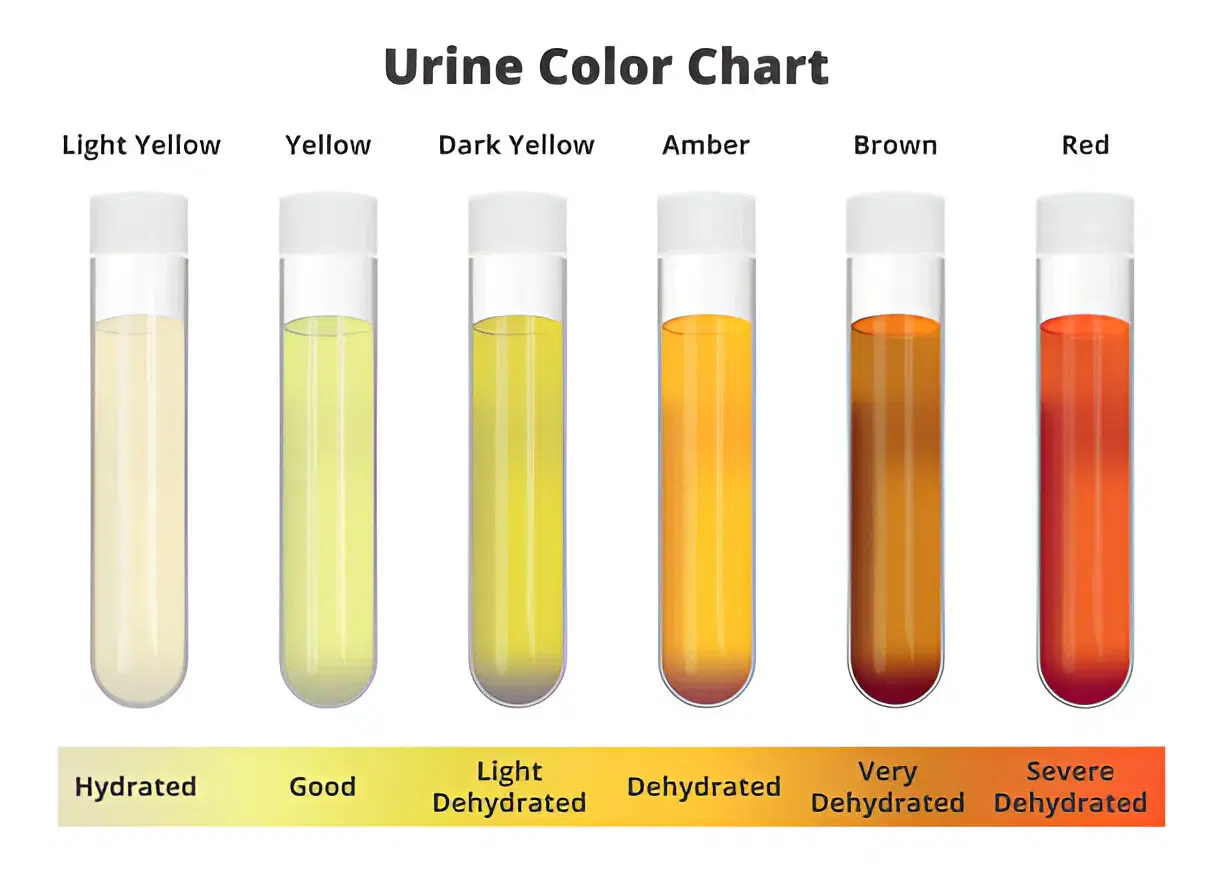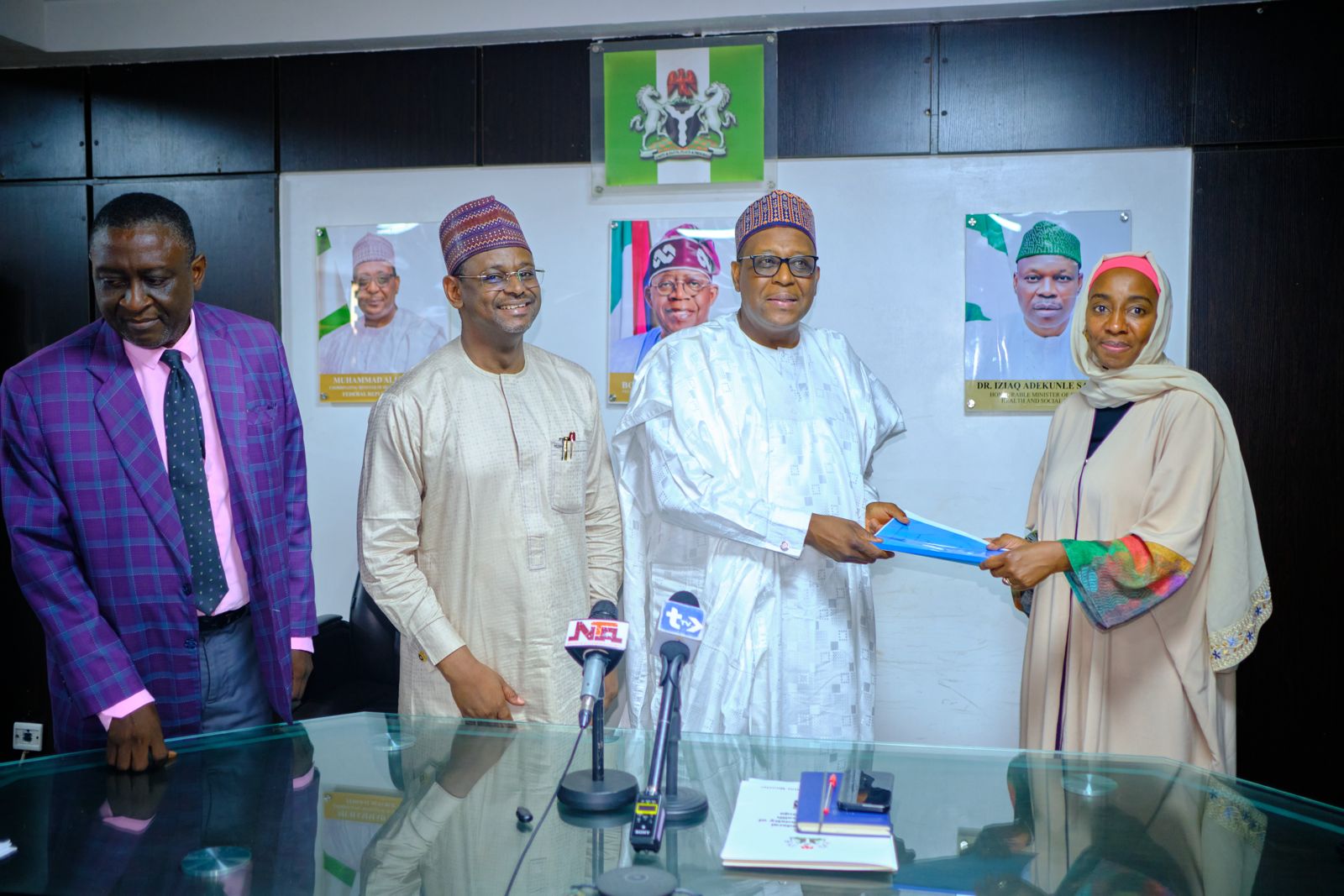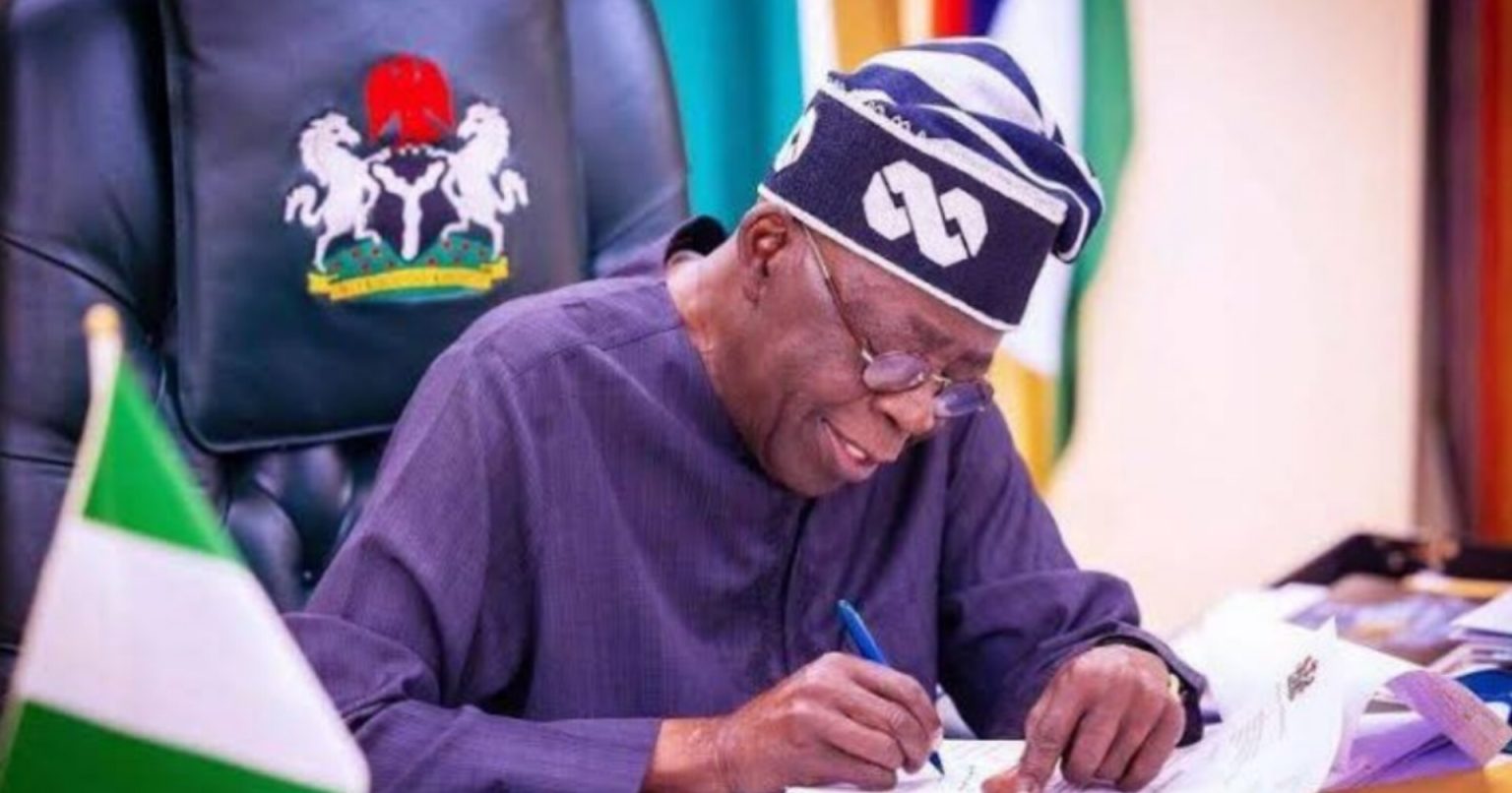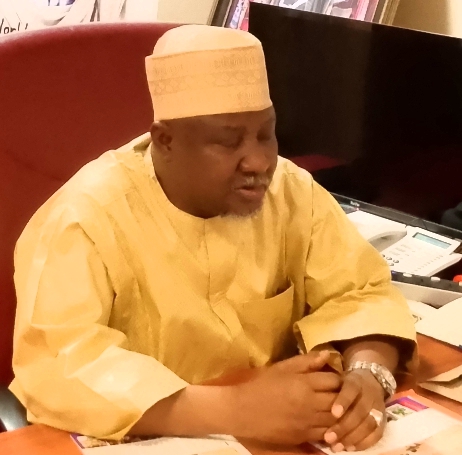Health
Urine colours and what each says about your health

Your urine colours can give important clues about your health as it forms when your kidneys filter your blood, removing extra water and waste.

This mix, which is about 95% water with other compounds, moves to the bladder and leaves the body as urine.

Changes in urine colour, smell, or how often you go can sometimes show changes in your health. Normal urine is usually light yellow with a mild scent. Small shifts in colour or smell are usually harmless, but if they stay unusual or get worse, it might be wise to talk to a healthcare provider.
Watching for these signs is a simple way to keep track of your hydration and notice any possible health issues early on.
Here are urine colours and what each says about your health
Clear or Very Light Yellow
Clear or very pale yellow urine typically shows you’re well-hydrated. This is usually a good sign, but if your urine is always clear, it might mean you’re drinking a bit too much water, which could lower your salt levels.
Light to Medium Yellow
This is considered a healthy, normal urine colour. Light yellow shows you’re staying well-hydrated without overdoing it.
Dark Yellow to Amber
Dark yellow or amber-coloured urine often suggests you need more water. Dark yellow is common in the morning or after exercise when water intake is lower. It’s usually fixed by drinking more water.
Orange
Dehydration can make urine orange, but other factors may also be at play. High levels of beta-carotene (like from carrots) or some medications can cause this colour. Persistent orange urine could also indicate liver or bile issues, so check with a doctor if it doesn’t clear up.
Pink or Red
This could be from certain foods, like beets or berries, but it can also mean blood is present. While food can affect the colour, pink or red urine may signal kidney issues, infections, or kidney stones. If you can’t link it to diet, see a healthcare provider.
Brown or Cola-Coloured
Brown or dark urine may indicate dehydration or a more serious issue. This colour could be due to severe dehydration or problems with the liver or kidneys. A condition called rhabdomyolysis, where muscle tissue breaks down, can also cause brown urine. Seek medical advice if you see this colour regularly.
Blue or Green
This is rare, but some medications, dyes, or health conditions can make urine appear blue or green. Certain medications or foods with strong dyes might be the cause, but a condition called hypercalcemia (high calcium) may also be responsible. While often harmless, persistent blue or green urine warrants a chat with your doctor.
Cloudy or Milky
Cloudy urine can point to an infection or too many minerals. This could mean you have a urinary tract infection, kidney stones, or mild dehydration. Cloudy urine may also result from excess proteins or fats.

Health
National hospital, private institutions sign MoU to strengthen healthcare workforce

The Federal Government has facilitated the signing of a Memorandum of Understanding (MoU) between the National Hospital and four private institutions to enhance the capacity of the healthcare workforce.

The participating institutions include Nile University, Cosmopolitan University, Yangongwo College of Nursing Sciences, and Concerned Medix Foundation.

This was disclosed in a statement signed by the Ministry’s Deputy Director of Information and Public Relations, Mr. Alaba Balogun on Friday.
Alaba revealed that during the signing ceremony, the Coordinating Minister of Health & Social Welfare, Prof. Muhammad Ali Pate, emphasized that the MoU aligns with the administration’s policy to expand training capacities.
Prof. Pate further highlighted that this initiative reflects President Bola Ahmed Tinubu’s commitment to increasing the training of health workers, addressing workforce gaps, and maintaining professional standards through the Regulatory and Professional Schools Division of the Hospital Services Department of the Ministry.
He stressed the government’s responsibility to tackle multiple challenges, including infrastructure, equipment, and human capital development, noting that Nigerian health workers are highly sought after due to their excellent training.
“Thankfully, because they are well-trained, we are very proud of them. If we weren’t training them, they wouldn’t have been attractive to other countries.
“Unfortunately, that has implications on the service delivery at home. So as a government, we took a progressive stance to say, look, let’s train more.
“So that even if those who are trained leave, some will stay. And even those who have gone away might come back to serve. And, that is the driving force behind this policy approval by President Bola Ahmed Tinubu,” the Coordinating Minister pointed out.
Prof. Pate also underscored the crucial role of the private sector in achieving the government’s objectives, noting that Nigeria’s healthcare system operates as a mix of public and private institutions.
“So, the private sector has a space, and I am very pleased that you have joined hands with the National Hospital to be able to really see how the capabilities of the hospital can help you train more clinicians”, he said.
Speaking at the event, the Chief Medical Director of the National Hospital, Prof. Raji Mahmud, commended President Bola Ahmed Tinubu for prioritizing improvements in the healthcare system.
He affirmed that the collaboration and signing of the MoU between the National Hospital and private institutions would significantly expand healthcare workforce training.
Prof. Mahmud further noted that three out of the four institutions are primarily training centers focused on medical and nursing education in partnership with the National Hospital, Abuja.

Health
President Tinubu appoints Chief Medical Directors for medical centres across the country

In a bid to enhance medical care for Nigerians, President Bola Ahmed Tinubu has appointed six new Chief Medical Directors (CMDs) for Federal Hospitals across the country.

Among those appointed is Dr. Ikrama Hassan, who will now serve as the Chief Medical Director of the Federal Teaching Hospital, Lafia, Nasarawa State. Dr. Hassan, a seasoned consultant physician, previously served as the Medical Director of Dalhatu Araf Specialist Hospital before its elevation to a teaching hospital.

The full list of newly appointed CMDs includes:
Prof. Olusegun Sylvester Ojo – Federal Teaching Hospital, Akure, Ondo State.
Prof. Yusuf Mohammed Abdullahi (Reappointed) – Federal Teaching Hospital, Gombe.
Dr. Dauda Abubakar Katagum – Federal Teaching Hospital, Azare, Bauchi State.
Dr. Ikrama Hassan – Federal Teaching Hospital, Lafia, Nasarawa State.
Dr. Ali Mohammed Ramat – National Orthopedic Hospital, Maiduguri, Borno State.
Dr. Haruna Abubakar Shehu – Federal Medical Centre, Kafanchan, Kaduna State.
Each appointment is for a four-year term, effective from the date of assumption of duty.
President Tinubu congratulated the appointees, urging them to uphold the highest standards of professionalism and service delivery. He reaffirmed his administration’s commitment to improving medical infrastructure and ensuring quality healthcare access for all Nigerians.

Health
Kebbi Senator calls for establishment of Federal Medical Centre in Zuru, Kebbi State

Senator representing Kebbi South Senatorial District, Garba Maidoki has called for the establishment of a Federal Medical Centre to be situated in Zuru to cater for the health needs of the District and its environs.

The lawmaker in the 10th National Assembly made the call during a public hearing on the Bill to establish Federal Medical Centre in Zuru organized by the Senate Committee on Health.

In a memorandum presented at the hearing by the lawmaker, he explained that the aim is to provide tertiary healthcare facilities to the people of Zuru in Kebbi State in the North West Nigeria.
He further noted that the establishment of FMCs across the country was initiated by Decree No. 10 of 1985, with the aim of providing tertiary healthcare services.
According to him, the FMC Birnin Kebbi was established on June 6, 2000, and has since been upgraded to a University Teaching Hospital.
The lawmaker stated that the large population and the challenges faced in accessing healthcare services, necessitates the establishment of FMC in the state.
“In Birnin Kebbi, the state capital, the distance between Zuru Emirate and Birnin Kebbi is approximately 240 km, making it difficult for patients, especially children and pregnant women, to access secondary and tertiary healthcare facilities”, he lamented.
Senator Maidoki charged his colleagues and the Federal Ministry of Health and Social Welfare to support the bill, saying healthcare is a fundamental privilege expected from any government.
The lawmaker who is the sponsor of the bill told journalists during a chat that the Federal Medical Center, when established will not only cater for the tertiary healthcare needs of Kebbi State, but will also serve the adjoining states like Niger and Zamfara.

-

 Politics1 week ago
Politics1 week agoOpposition leaders announce coalition to challenge Tinubu in 2027
-

 Foreign7 days ago
Foreign7 days agoHouthis declare Ben-Gurion Airport ‘no longer safe’ after renewed Gaza fighting
-

 Politics1 week ago
Politics1 week agoYahaya Bello deceptively arranging recall of Senator Natasha, desperate to replace her – Constituents
-

 News1 week ago
News1 week agoWhy Christ Embassy’s Pastor Chris holds Abuja mega crusade – Fisho
-

 Politics1 week ago
Politics1 week agoAtiku, El-rufai, Obi condemn Tinubu’s suspension of Rivers Governor, demand reversal
-

 Business1 week ago
Business1 week ago20 new millionaires emerge from Fidelity Bank GAIM 6 promo
-

 News1 week ago
News1 week agoUmeh denies receiving $10,000 with other 42 Senators to support state of emergency in Rivers
-

 Business1 week ago
Business1 week agoFlutterwave, FIRS collaborate to digitize tax collection in Nigeria





















